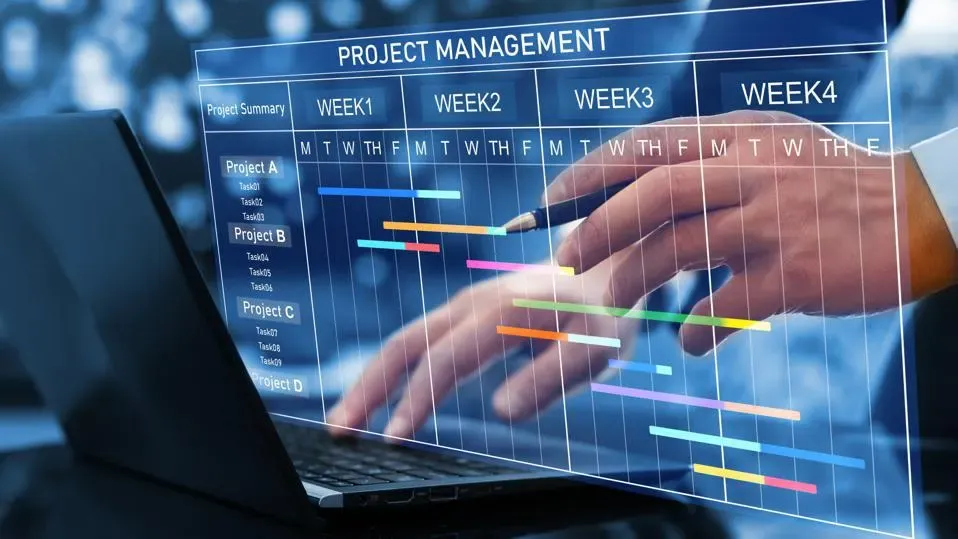Project Management
Our project management has the discipline of planning, organizing, securing and managing resources to bring about the successful completion of specific project goals and objectives.
The primary challenge of our project management is to achieve all of the project goals and objectives while honoring the preconceived project constraints. Typical constraints are scope, time, and budget.
The secondary, and more ambitious, challenge is to optimize the allocation and integration of inputs necessary to meet pre-defined objectives.
Here are some key aspects of project management at Team Electric:
1. Planning: This involves defining the project objectives, determining the scope, identifying the necessary resources (including manpower, equipment, and materials), setting realistic timelines, and establishing a budget.
2. Organizing: Once the plan is developed, project managers need to assign responsibilities to team members, create a project organizational structure, establish communication channels, and ensure that all necessary permits and regulatory requirements are in place.
3. Execution: During the execution phase, project managers oversee the actual implementation of the project plan. This includes coordinating activities, managing resources effectively, monitoring progress, and resolving any issues or obstacles that may arise.
4. Risk Management: In the maritime industry, there are various risks associated with projects, such as adverse weather conditions, equipment failures, or regulatory compliance issues. Project managers are responsible for identifying potential risks, developing contingency plans, and implementing measures to mitigate these risks.
5. Communication: Effective communication is crucial in project management. Project managers need to maintain open lines of communication with various stakeholders, including clients, contractors, suppliers, and the project team. Regular updates, progress reports, and meetings help ensure that everyone is on the same page and any issues are addressed promptly.
6. Documentation: Throughout the project, proper documentation is essential. This includes keeping records of project details, contracts, change orders, invoices, and any other relevant information. Accurate documentation helps with accountability, auditing, and project evaluation.
Overall, project management in a maritime company requires a comprehensive approach to ensure the successful completion of projects within budget, on time, and according to quality standards.

